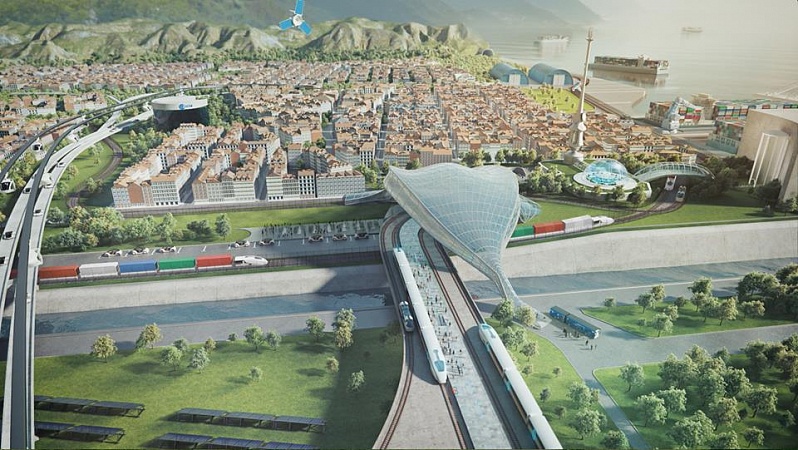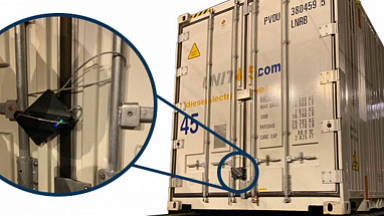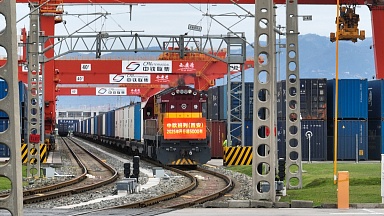The letter was sent to Frans Timmermans, the Vice-President for the European Green Deal, to Adina Vălean, Commissioner for Transport, to Elisa Ferreira, the Commissioner for Cohesion and Reforms and to the European Transport Ministers.
The next MFF and COVID-19 crisis have a strong link as they reveal that an EU budget must focus on sustainable investments which will lead to the recovery of the economy.
«The next MFF, particularly the CEF, the Structural Funds and the Horizon Europe programme should seek to make rail the core element of the European transport system, the backbone of mobility of tomorrow. CEF 2 needs to be expanded by allocating more budget resources to achieve rapid transition towards green and sustainable mobility,» the letter says.
The two associations underline that the recent events such as COVID-19 revealed the importance of investing in reliable economic actors like railways.
CER and UNIFE present four reasons explaining why railway transport is so important to EU’s economy and mobility. Thus, the open letter highlights the need to expand and renew the existing infrastructure, to invest in the railway infrastructure which will help rail transport services to recover and consolidate their position. At the same time, the railway industry has continued to do its best to provide the needed technology and innovation allowing railway transport to get through the coronavirus pandemic crisis with huge impact on the economy and social aspects. In this context, safeguarding the global competitiveness of the European rail supply industry will ensure that the digital and innovation uptake of rail transport continues to advance, including in the ERTMS field," the two associations say.
As the EU is committed to reduce the GHG it is important to invest in «sound climate solutions» as railway transport brings the environmental and emissions benefits.
The EU has to fully consider the need of a real modal shift to the rail freight transport and has to coordinate the investments to support the long-distance and high-speed rail transport, creating direct city to city rail connections.
«The changes to Europe coming from the COVID-19 crisis will be long-lasting, but we believe that by looking at the economic opportunities and environmental benefits offered by a renewal and improvement of the European rail network, EU leaders can use this as a cost-efficient opportunity to meet several goals at once,» UNIFE and CER concluded.
Philippe Citroën, the Director General of UNIFE, explained in our April issue the importance of railway competitiveness and its significant role to tackle crisis.





